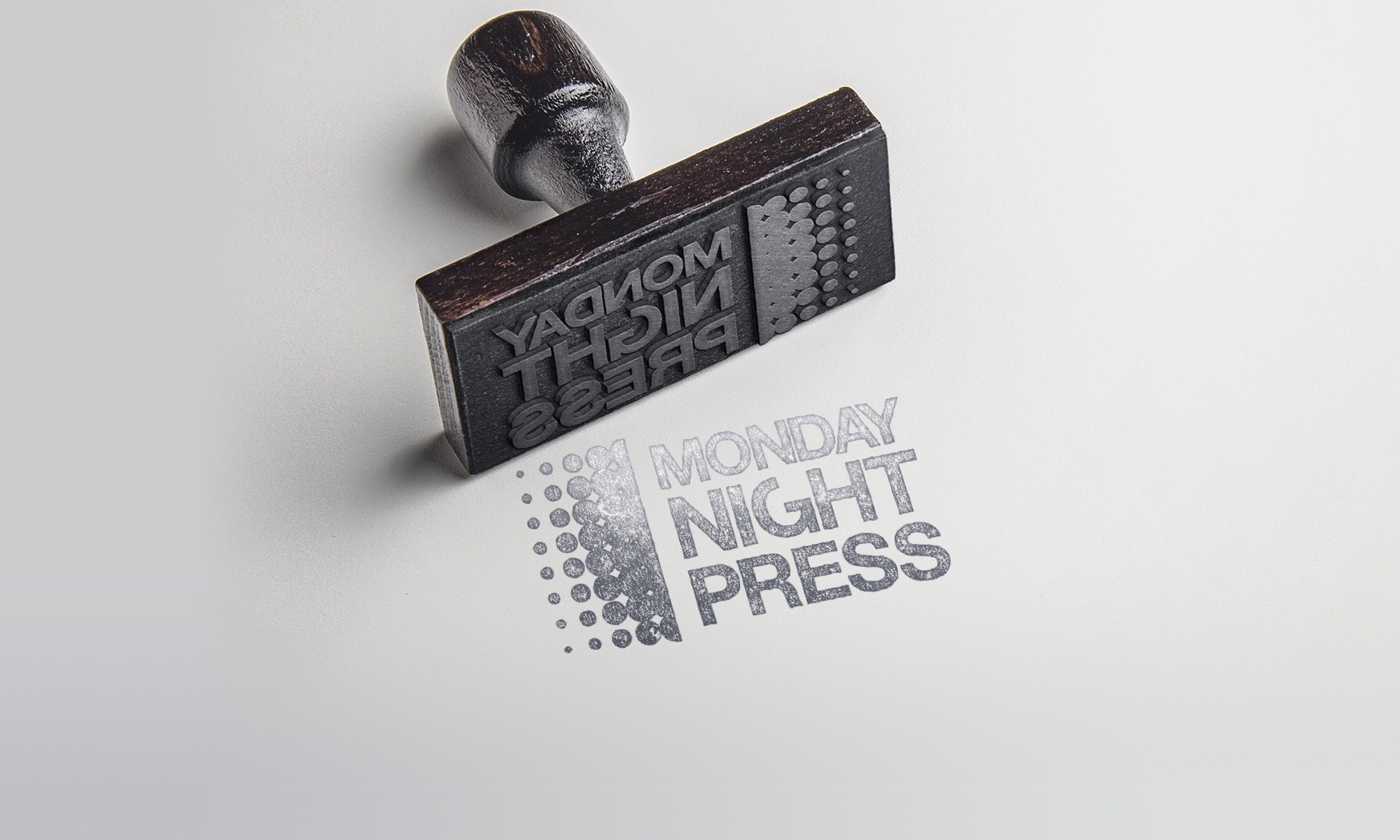Portrait of an Unyielding Fire
She held her finger over the flame. Then she went in and touched it. He’d been dead by then a couple of months already. She said the oil on the canvas always felt like it would move under her fingers but it never did. Like it never burned her. What’s canvas made out of, she asked me. She really meant what was her love made out of and did I think it might survive another half-century like this nobody-painting she’d once bought at a flea market that she and her dead husband, my father, had come to love. She had heard enough already, I don’t know what to say, so I told her I thought canvas might be animal hide or something. I touched her hand like it was the figure of a flame in a bad painting. My father was a bad husband and a good man. I like that, she said. Like we’re all just trying to hide inside of our skins. She put her finger on the paint on the canvas again, and I wasn’t sure which would give way first, the finger or the hide.
I Can’t Say I Live There Anymore
My father died in the room we usually sleep in when we visit. He only started talking about his own death when the drugs allowed him to leave himself for a little while, now and then. What he was visiting and who and where, I don’t know, but I think I want to. At the end he avoided sleep because he thought it might turn into a visit from which he would not return. We stayed far longer with my mother after his death than we thought we would. And then my wife had to leave. And with her the boys. Everyone says it’s the body that goes first and leaves the spirit hanging around afterward. I was absent from that place long before my body slid itself into the car and drove back to what I now call home.
A Short Night
It could have just as easily become a funny story, the death of my father. How the inexperienced night nurse, like me, thought that the big gasp was it, and when I returned with my mother we found the nurse bringing the straw again to my father’s lips. How my mother slapped me for my cruelty, and went back to bed, and how the nurse, who was a believer in both humor and Christ, laughed the night away with me until we noticed, some time later, my father had gone. But it wasn’t like that. When he died, he died. The gasp was big and final. And uncomfortable, too. The nurse had begun her week in our house by saying her Lord would save him, and when it was clear He wouldn’t, that at least it would be peaceful. But my father was a radio man who knew every adult in three counties and I’d never known him to be able to slip out of a gathering unnoticed. Once, when I was six, I wet myself because I couldn’t extract him from a crowd in time. We spent the short rest of the night laughing in the men’s room as we spilled water on our pants and then our shirts and then pouring it over our heads. I can’t remember if it was raining that night or not, but when we arrived back home my mother was asleep or gone or indifferent, and it felt like a significant moment had passed between us unacknowledg-
ed. The night nurse cried over her Bible, which we had asked her not to let our father see. She asked us if she could say a prayer for him and for us and we told her she could if she wanted. We all sat in silence and I don’t know if she prayed or didn’t. My mother got up at one point to call the coroner, and the nurse’s employer, and my uncles. The nurse, who was used to leaving at dawn, opened the door to go, and I could tell she’d never been so startled to see the dark.
The Wake, or a Dream in Which My Father Is a LEGO® Dragon
There’s no time for panic or mourning when we have to rebuild the burst of fire exploding from his hollowed-out mouth. The funereal line has wrapped around the gymnasium and the people outside are becoming impatient. In the parking lot, a cousin plays music out of his car and the rest of my family are urging the visitors to dance. We all agree the dragon is too large and too unkind-looking. For many years, my father was called a pillar of the community, but the dragon’s weight is poorly distributed and we must lean it against a folding chair just to keep it standing. My real father, on his back, has no such problems anymore. Maybe the dragon was the wrong choice, someone says. The line is growing, though my grief is not. The choice was mine. I was never the fire inside my father’s belly or mouth. The time has come to open the doors. We decide to build a realistic tongue and not the fire. My mother’s job is to hold the back legs steady. My sister will sit on the folding chair to draw attention away from it. The mouth, we agree, will stay open. Let them look inside, if they want.
I Know You
I know you don’t want to be here like this. With this me. At this time. My father was not the only one of us who died early. I did as much as I could to cover up the rot I had become. Shower, workout, shower. Sometimes sleep. I thought my life was like my body and was something I could change into and out of and back. I hope everyone around me is lying when they say the children look and act like me. There are parts of me I have tried to run away from. One of them is you. Two of them are them. But I learned early on inside my empty chest you cannot outrun the echo, which comes from all sides and at all times. I died when I had to. I don’t know who I was when I did. I’m not sure yet who this poem is being written for. I hear your voice as much as mine inside.
Brendan Todt is the author of the poetry chapbook The Idea of Leaves within the Dying Tree. His poem “At the Particle Accelerator at Krasnoyarsk” was included in Best American Non-Required Reading 2013. His fiction and poetry can be found elsewhere in print and online. He lives in Sioux City, Iowa and writes for Art Hub Siouxland.

